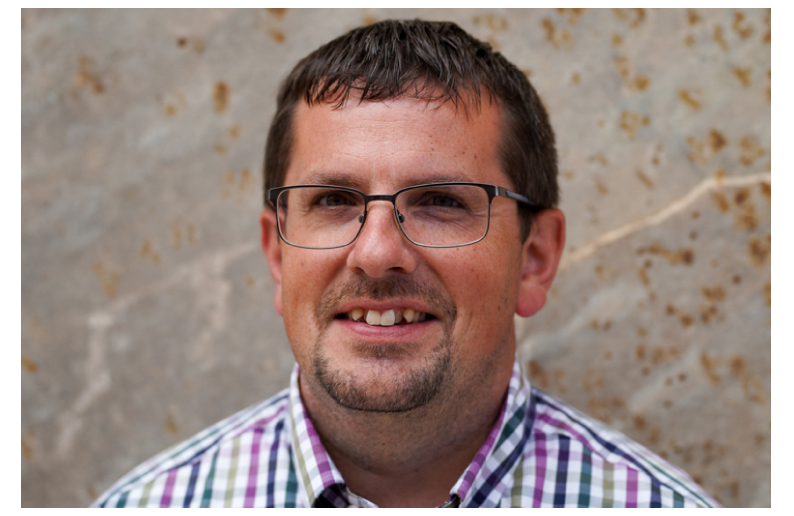Local knowledge matters when it comes to fertilizer innovation

 Farming is transforming, in intensity, scale and structure. Today, what we grow locally and how we grow it can have a global impact, while the way we farm is rapidly evolving. Though some things about plant nutrition don’t change, what has changed is how we deliver nutrients to the plant. Today, we can access fertilizer innovations like controlled-release coatings, nutrient stabilizers, optimized pH, and biologicals. As we attempt to solve agriculture’s unique challenges, there is power in working together to combine local grower knowledge with global learnings. It’s one of the things that makes working in agriculture today so exciting. Industrialization, standardization, and production-focused farming practices are shifting towards precision agriculture, prescriptive crop nutrition, and more sustainable and resilient models. In my experience, global collaboration combined with local expertise drives innovation and brings real solutions to market.
Farming is transforming, in intensity, scale and structure. Today, what we grow locally and how we grow it can have a global impact, while the way we farm is rapidly evolving. Though some things about plant nutrition don’t change, what has changed is how we deliver nutrients to the plant. Today, we can access fertilizer innovations like controlled-release coatings, nutrient stabilizers, optimized pH, and biologicals. As we attempt to solve agriculture’s unique challenges, there is power in working together to combine local grower knowledge with global learnings. It’s one of the things that makes working in agriculture today so exciting. Industrialization, standardization, and production-focused farming practices are shifting towards precision agriculture, prescriptive crop nutrition, and more sustainable and resilient models. In my experience, global collaboration combined with local expertise drives innovation and brings real solutions to market.
At ICL, we identify and invest in start-ups, fertilizer technologies, and innovations globally. Then we bring these new crop nutrition developments to markets where they can solve local challenges. As a 100-year-old specialty mineral company with over 200 agronomists and advisors around the world, we see firsthand how working together creates solutions. For example, one of our scientists in Israel had the idea of using magnesium as a fruit coating and patiently developed a mineral-based, fungicide-free treatment for post-harvest citrus fruit over several years. In North America, Canada included, ICL is actively working on biostimulant tools to improve nitrogen fixation in pulse crops and soybeans and has renewed R&D focus on controlled-release fertilizers.
Nitrogen management can be challenging in irrigated or high-rainfall environments. In sandy soils, nitrogen is prone to leach and may need to be applied more frequently. ICL is an industry leader in developing controlled-release fertilizer (CRF) products. CRFs surround nutrients, like nitrogen, with a coating to reduce leaching and volatilization losses while releasing nitrogen in a pattern optimized for crop growth. Recently, ICL announced the launch of the world’s first biodegradable CRF coating. Imagine a nitrogen fertilizer that is agronomically proven, reduces unintended loss of nitrogen to water and air, and biodegrades to address growing concerns about the presence of microplastics in the environment. That is ICL’s eqo.x™ technology. Similarly, our PeKacid and related product, Agrolution pHLow, are successfully used to lower water pH and maintain compatibility between applied phosphorus and calcium. We have also found that they reduce soil pH in the zone immediately surrounding the point of application, releasing nutrients already in the soil and making them more plant-available. In the next ten years, I believe we will continue to see an intensified focus on combining these types of technologies into unique combinations that benefit agriculture and the environment.
Growing more with less and working together to reimagine how we use today’s resources to cost-effectively improve productivity and resiliency is key to the future of agriculture. Adapting innovative global solutions to meet the needs of local growers is just one of the things that excites me about being an agronomist at ICL. When we all put our heads together and share our knowledge and learnings to benefit one another, good things grow out of that.
 Jason Haegele, Ph.D, leads ICL’s research collaborations in North America and is a graduate of the University of Illinois and Iowa State University.
Jason Haegele, Ph.D, leads ICL’s research collaborations in North America and is a graduate of the University of Illinois and Iowa State University.
